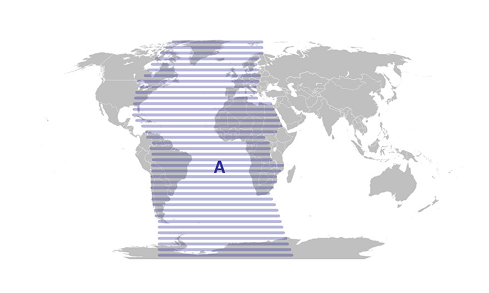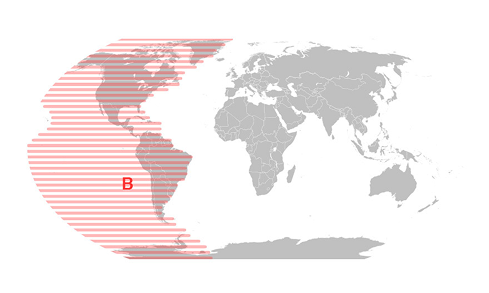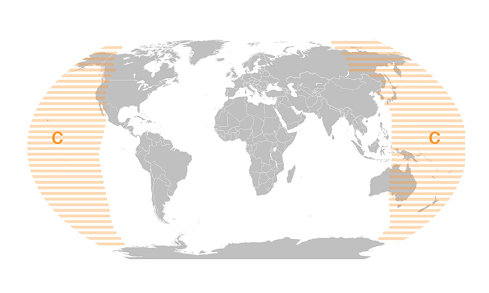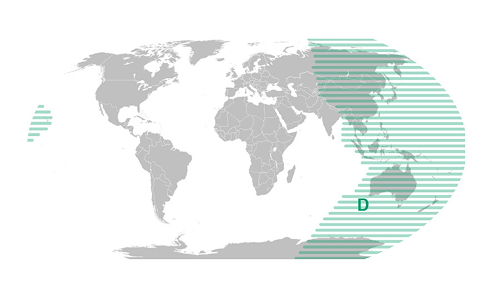
When Helping Doesn't Help
My one-year-old son was having a bath the other night and was playing happily in the tub. He has these bath stickers with little suction cups on the back that stick to the side of the bath. He usually puts them in the water and “swims” them around or makes them float, but for the first time the other night he was trying to stick them to the side. Over and over again he held it against the tub and it slid down - – he hadn’t figured out he needed to push directly on the suction cups so that it stayed stuck.
As I watched, I felt my arm moving to help, almost of its own accord. I held back, waiting to see if he asked, but he didn’t. He just kept holding it up and watching it slide down. I found myself feeling increasingly uncomfortable, this tension of wanting to show him how to do it and my arm repeatedly going to intervene and “show him.” But this wasn’t about his need – he was quite content exploring it on his own – who knows if he even wanted it to stick? Maybe the game was about watching it slide? Even as I thought this over, I still felt this almost irresistible urge to reach over and stick it to the side! I held off on acting and soon he moved onto something else. But my feelings stayed with me – this had to be Shark Music – the intensity of my discomfort in the moment was just too strong.
Recognizing this feeling from previous experiences, I’m starting to notice a pattern. For me, it is hard to watch if I believe my child is struggling. I feel a strong pull to “protect them” from discomfort and thus I have a tendency to intervene and “fix” things. Often, I want to fix things that don’t need fixing at all. There is a great cost to them (and to me) – my kids miss out on these chances to get comfortable with struggle, to get confident that they can solve things on their own, to know they can look to me for help, and more and more. Of course, I want them to know I will help them and support them always, but I also want them to know that discomfort and struggle are normal and not something that needs immediate resolution.
I’m glad I could see my Shark Music in the moment, and bear the discomfort long enough not to act on it. As I increase my awareness of this pattern, I can be more intentional in my responses.
I invite you to share with me your comments, reflections, Circle stories and experiences with Circle of Security Parenting. Your submissions may be used in future blog posts, with all identifying information excluded, unless you specifically request to be identified. Contact me at brooke[at]circleofsecurityinternational[dot]com.







